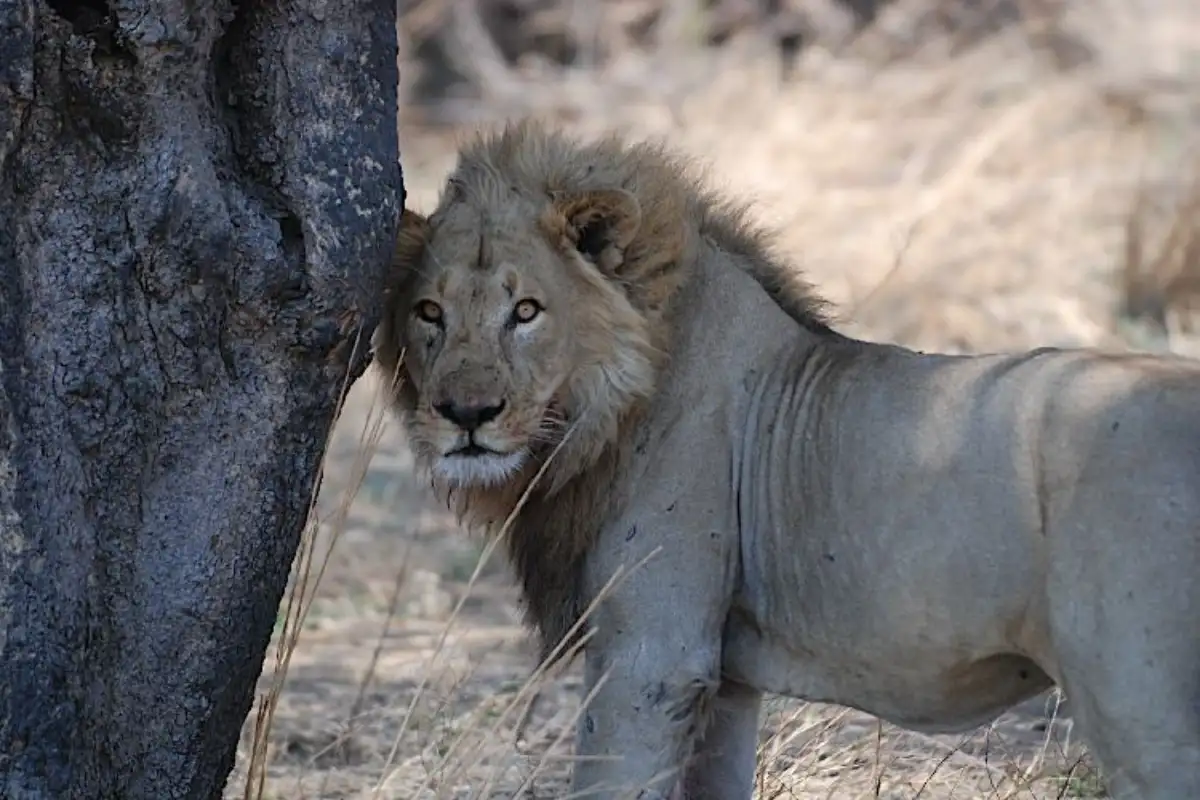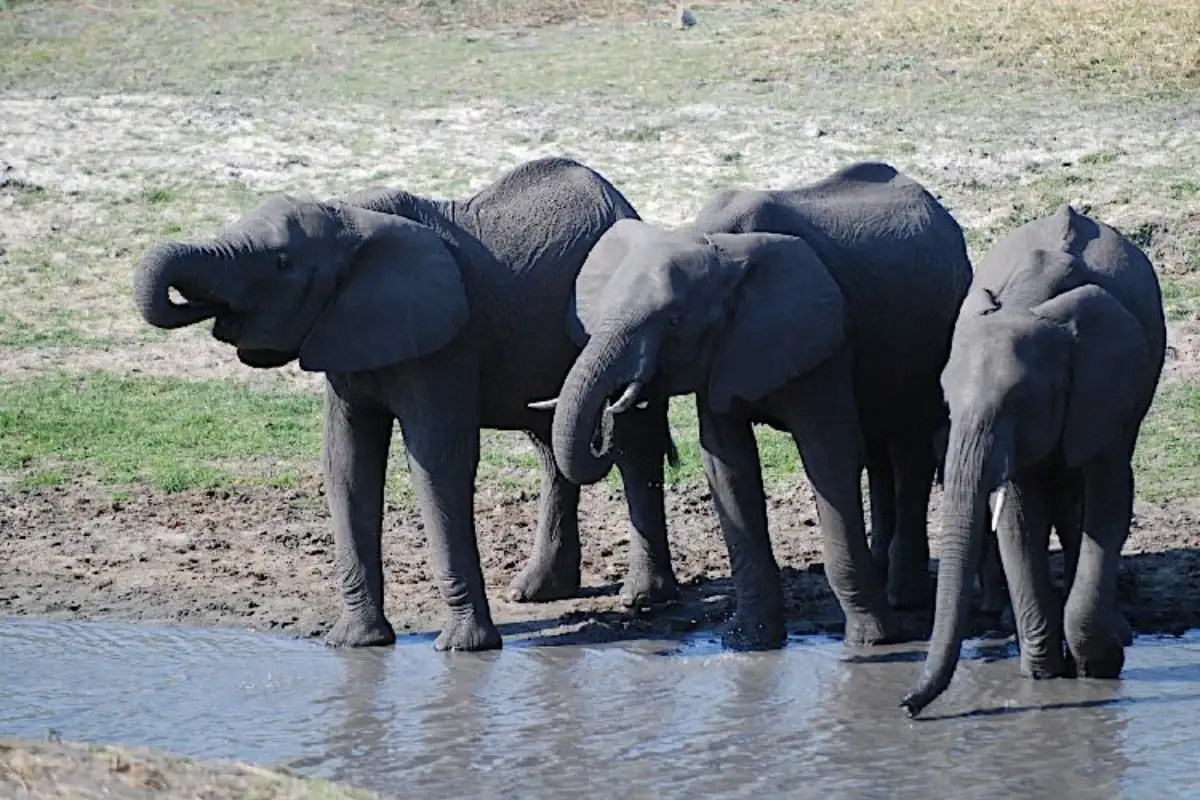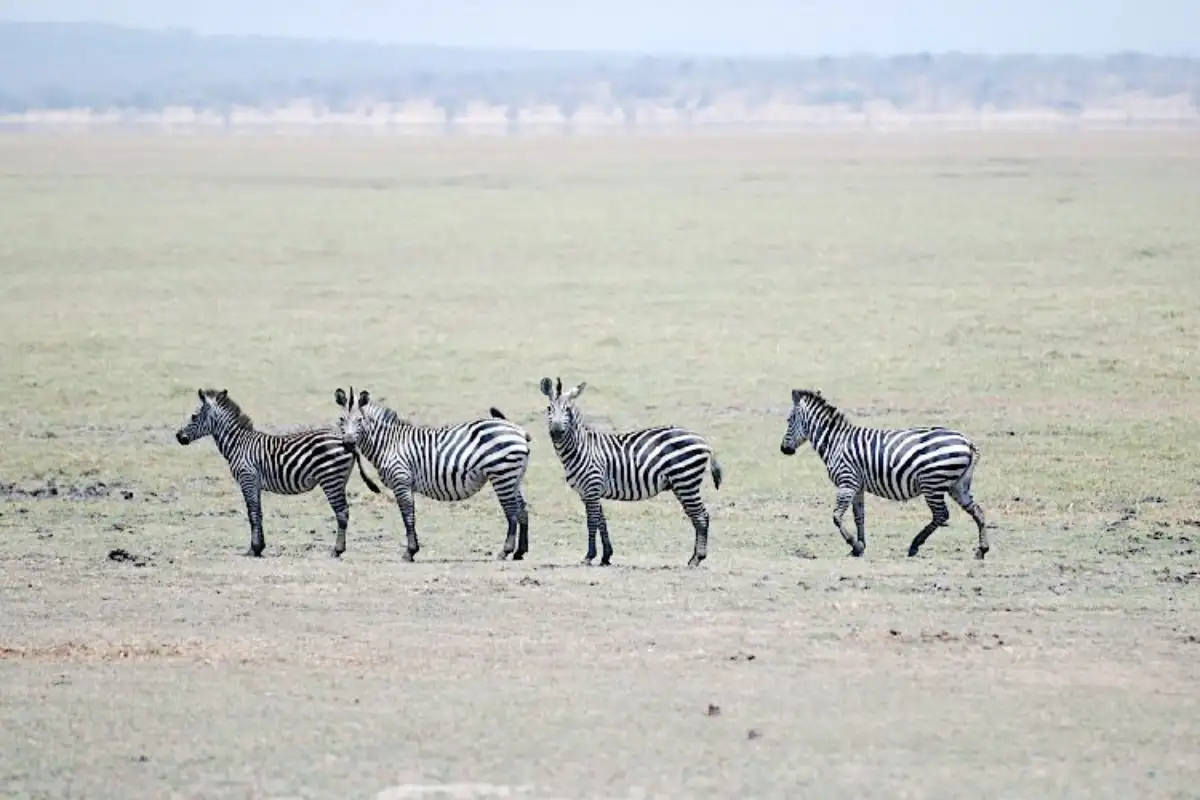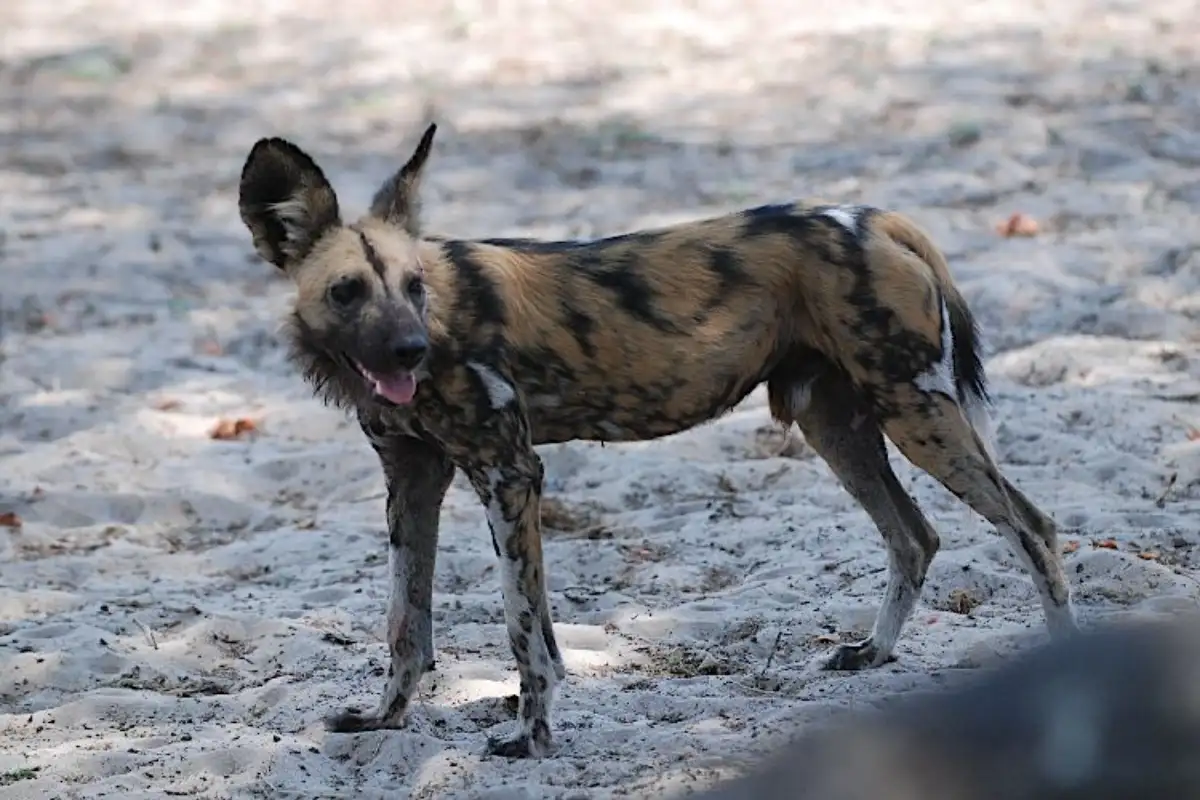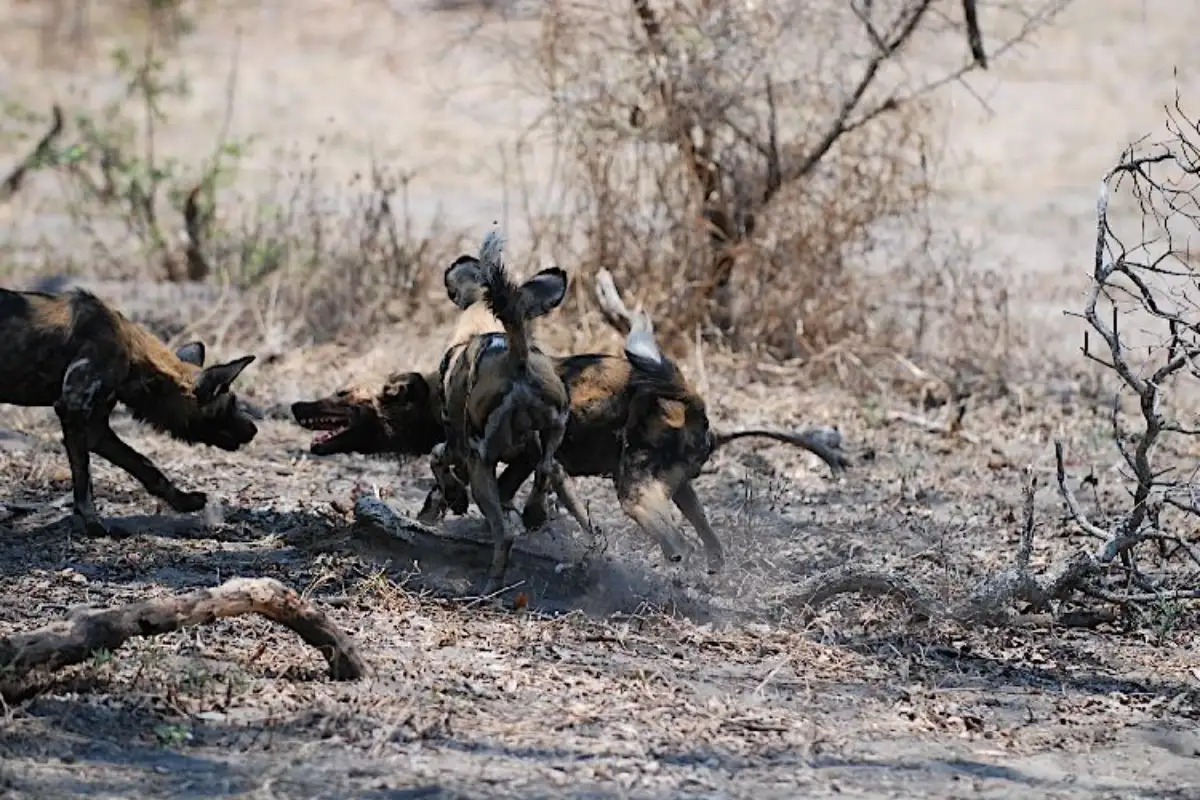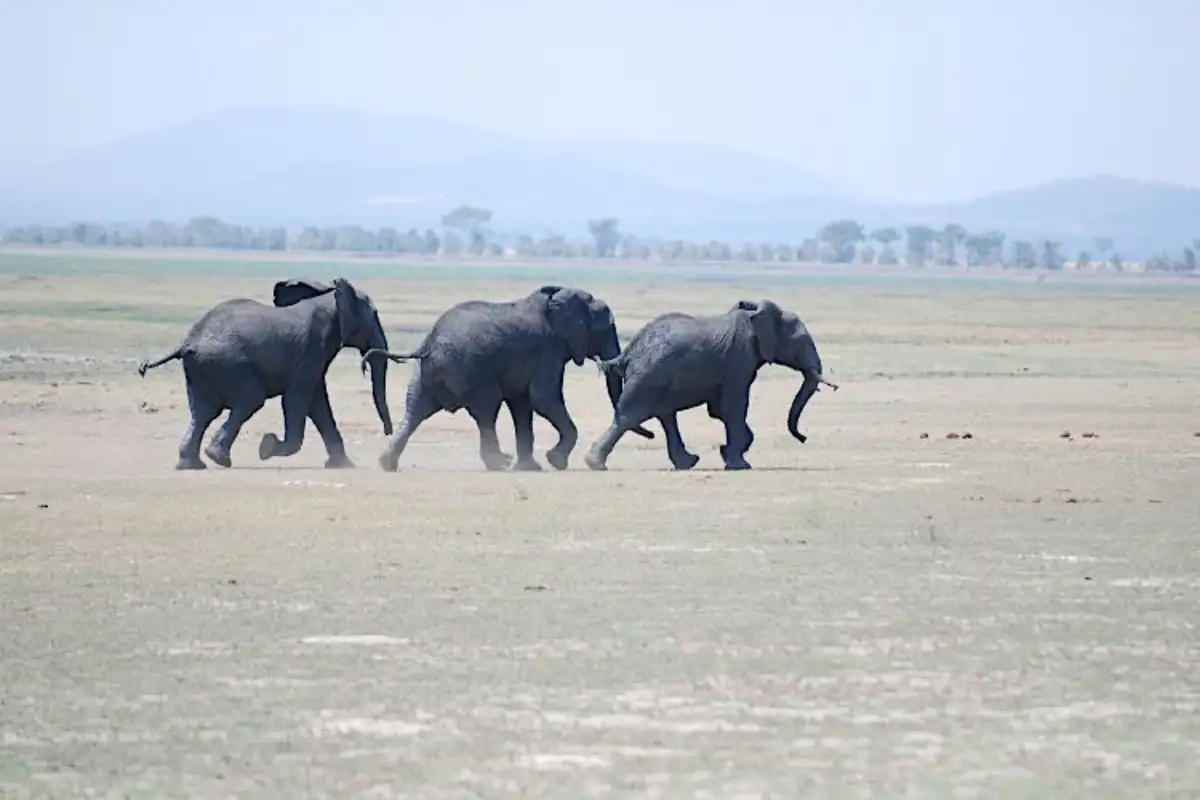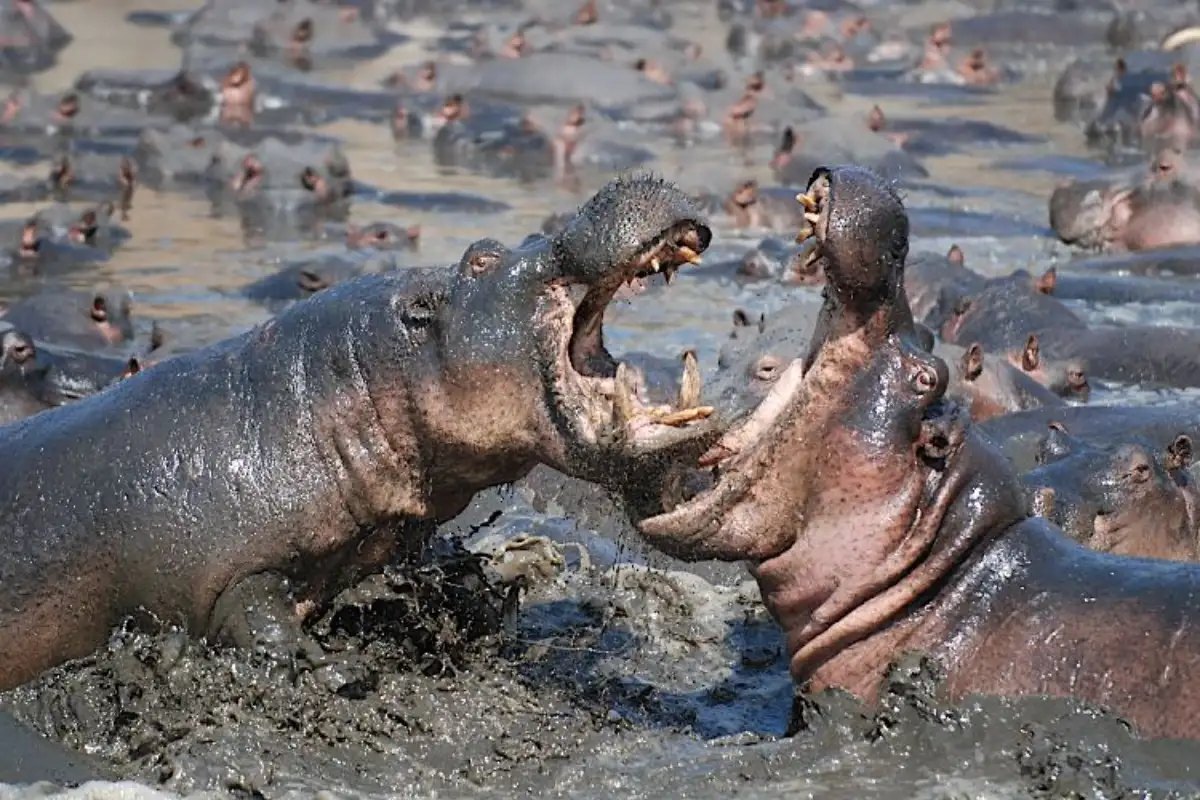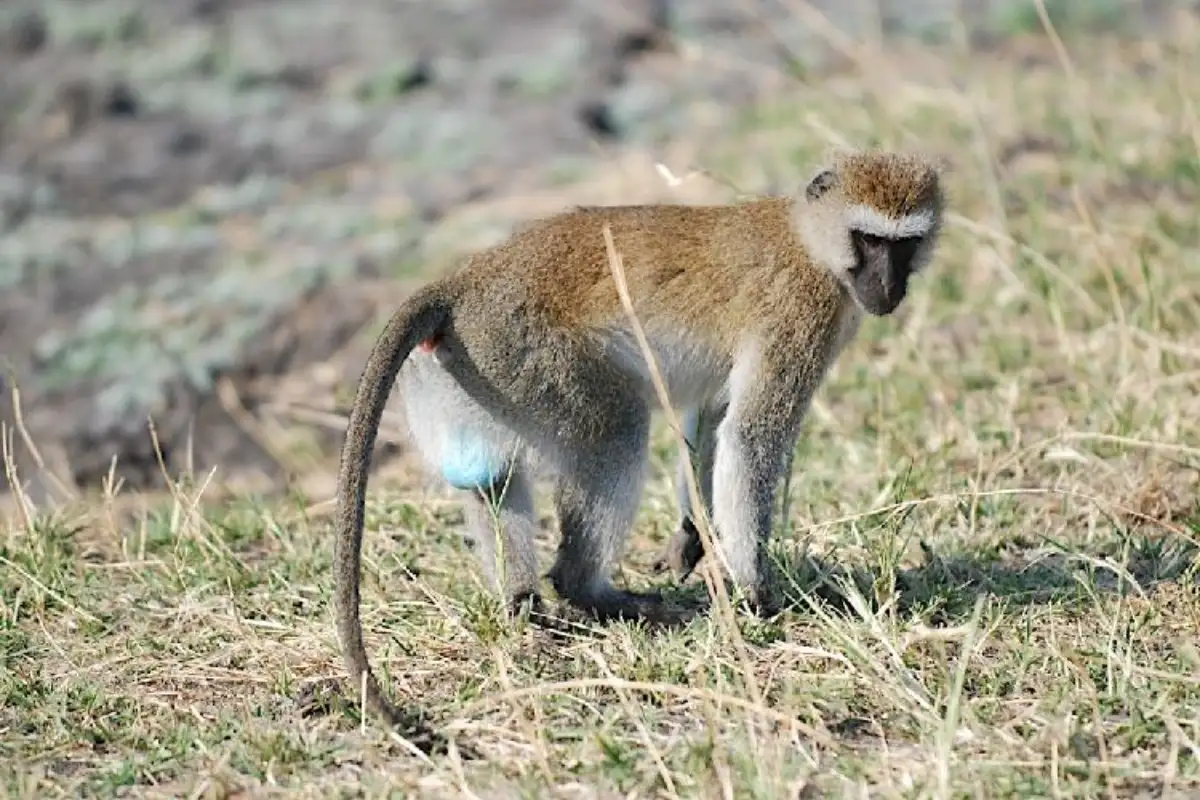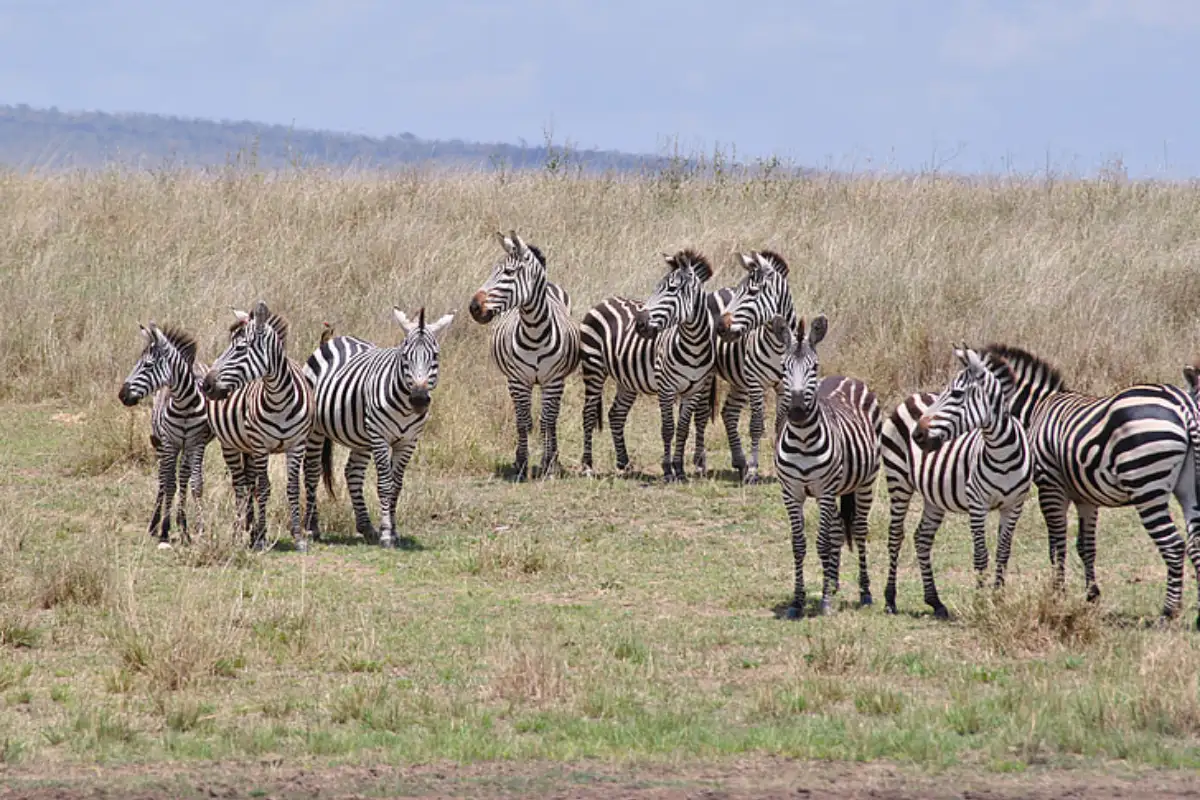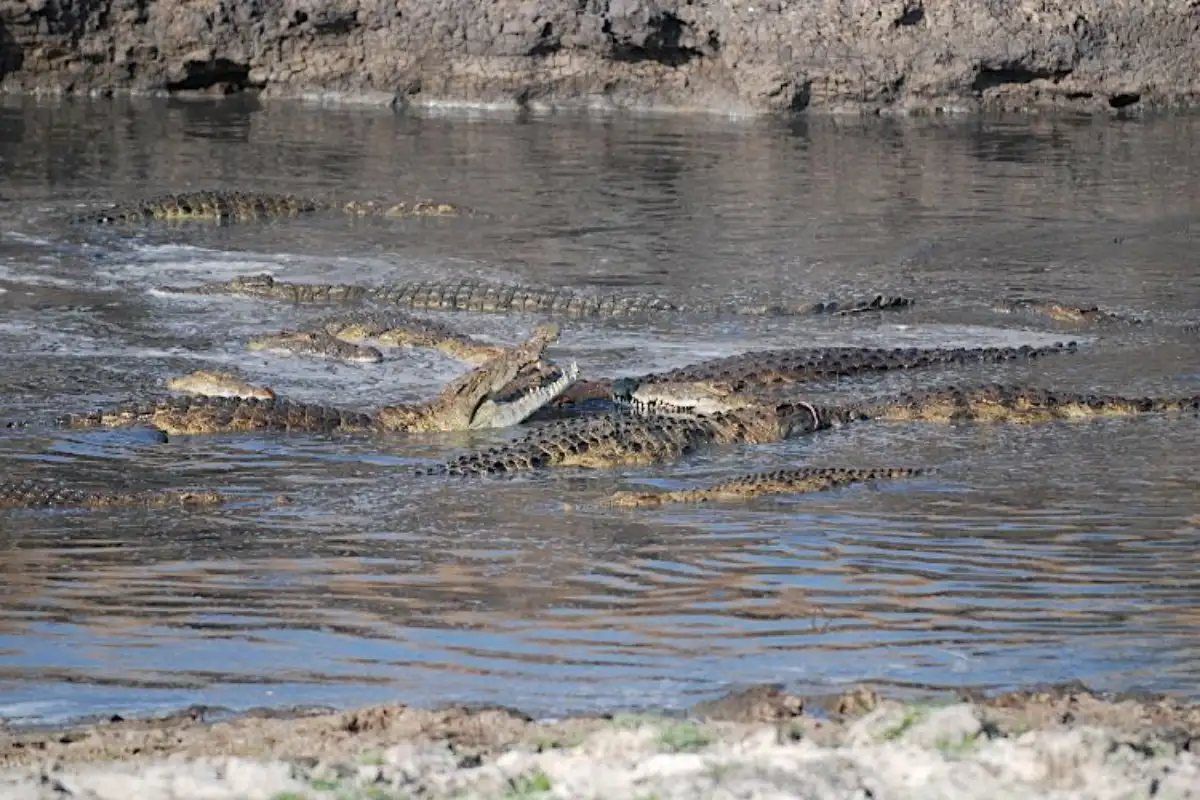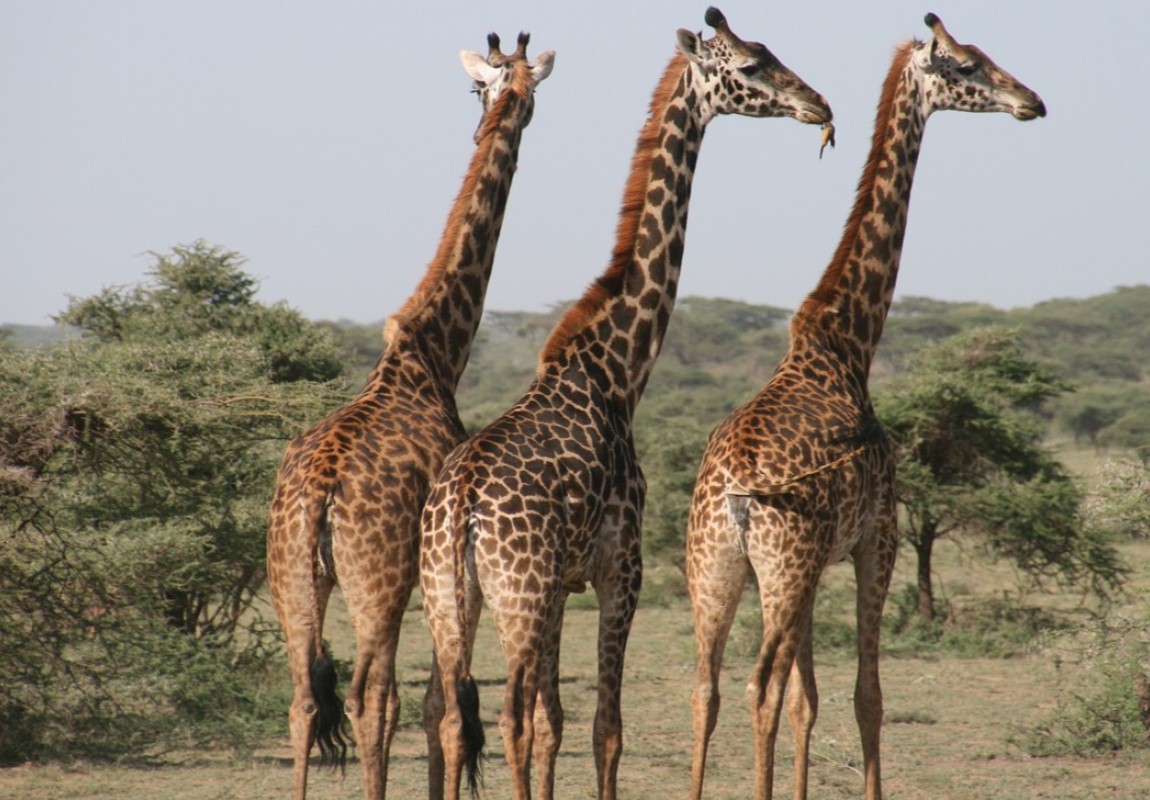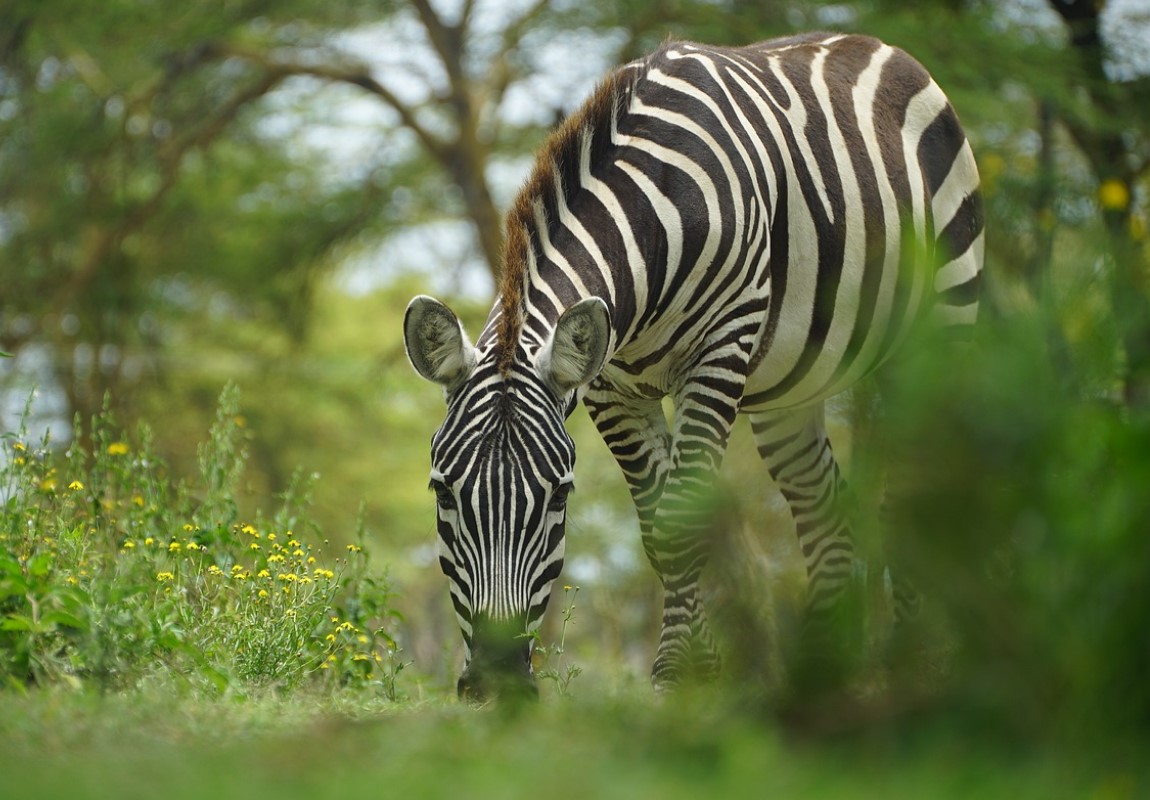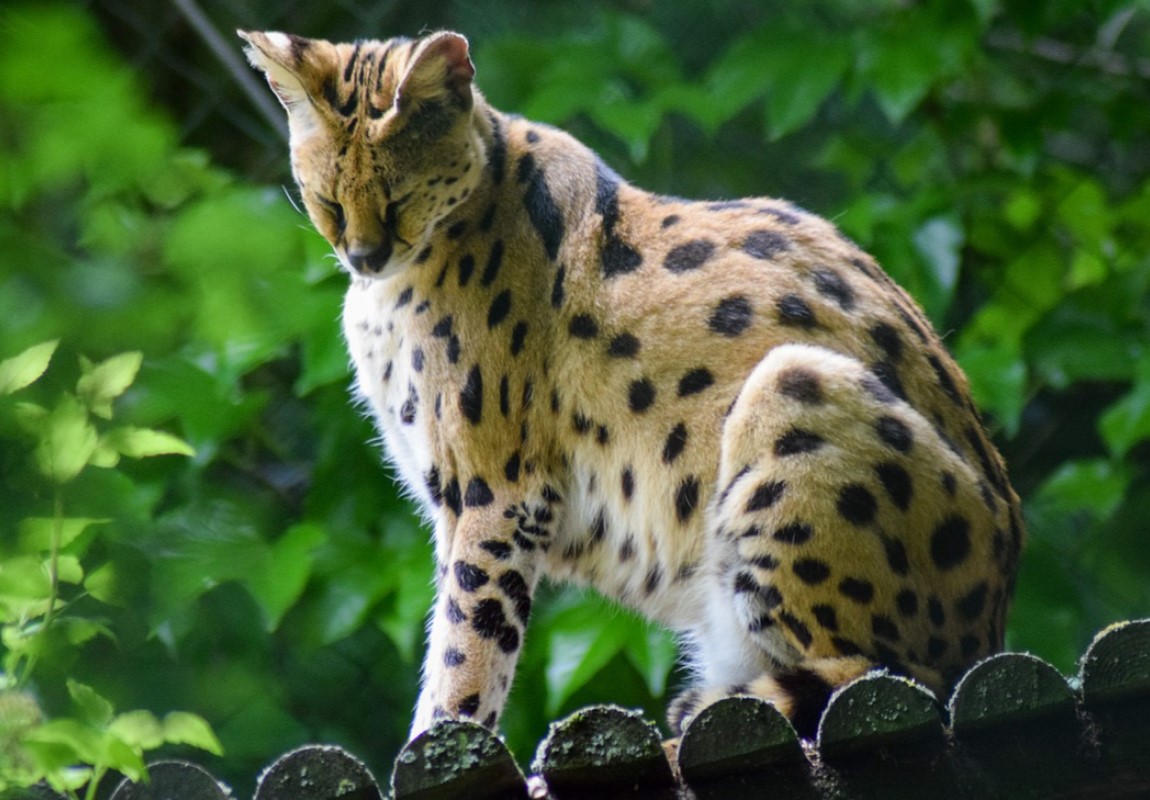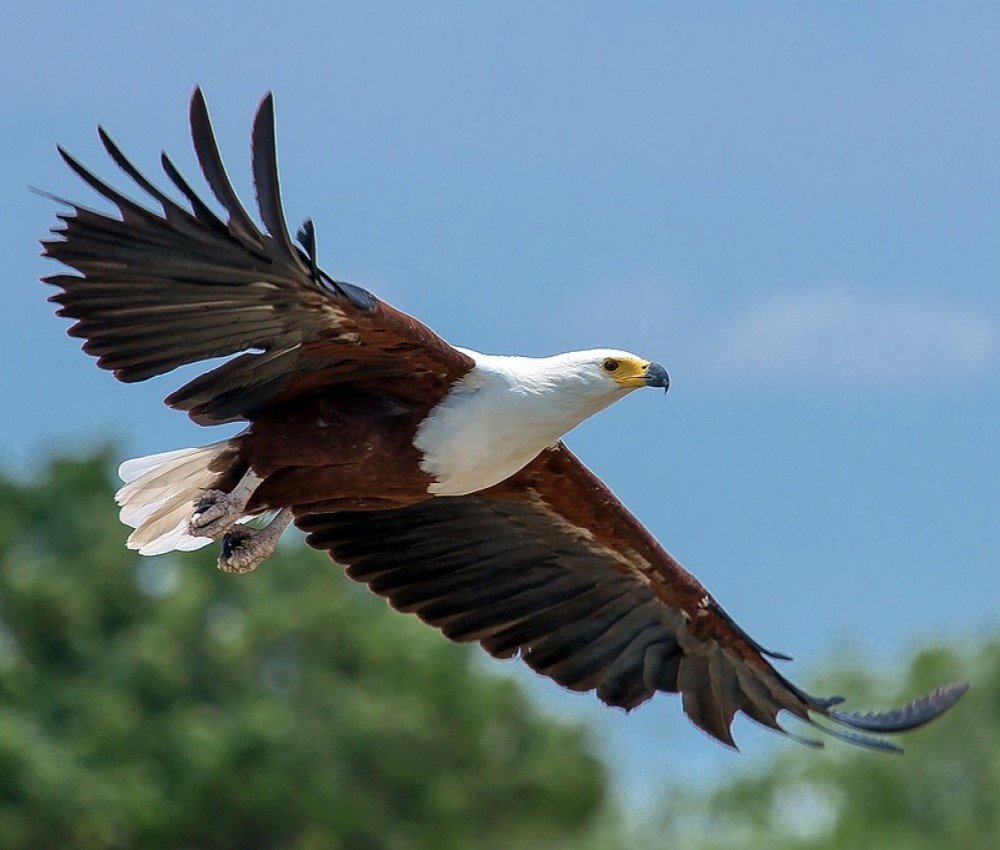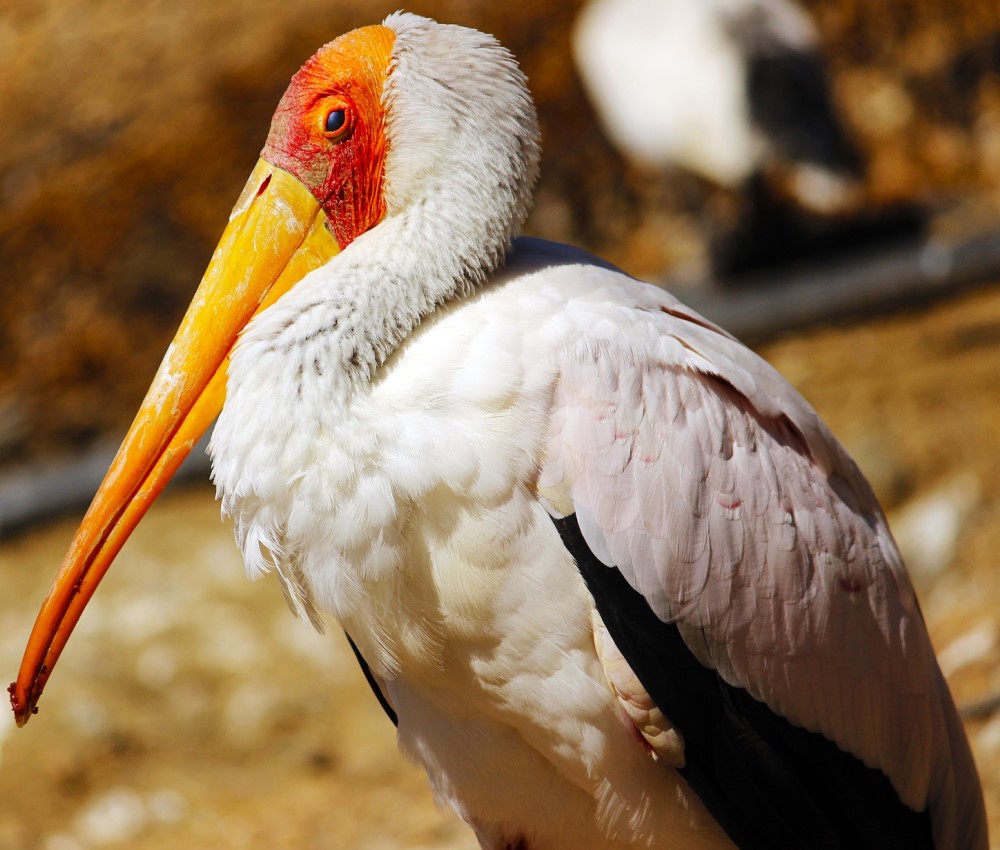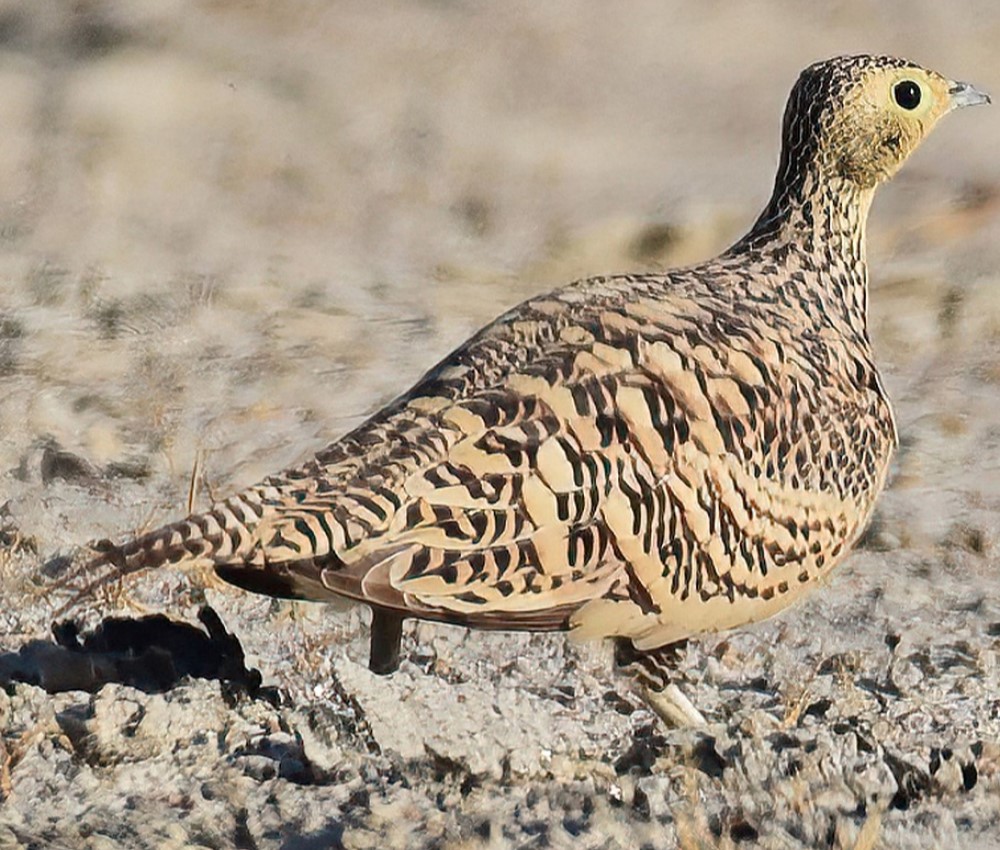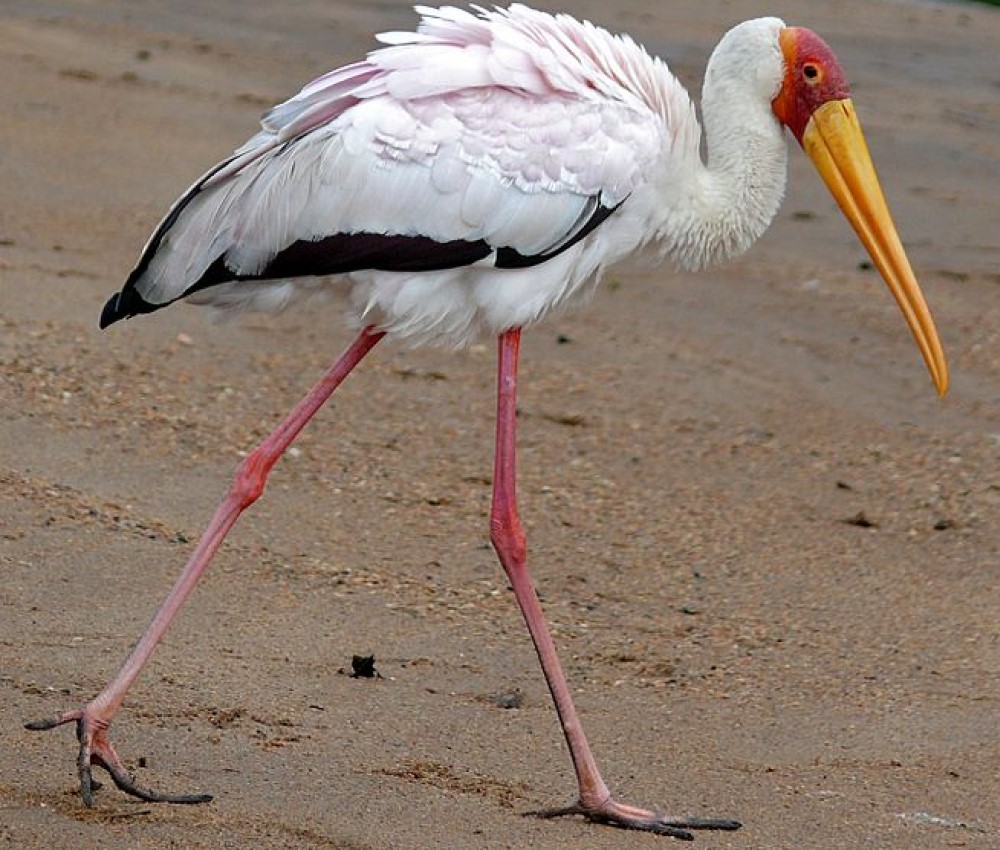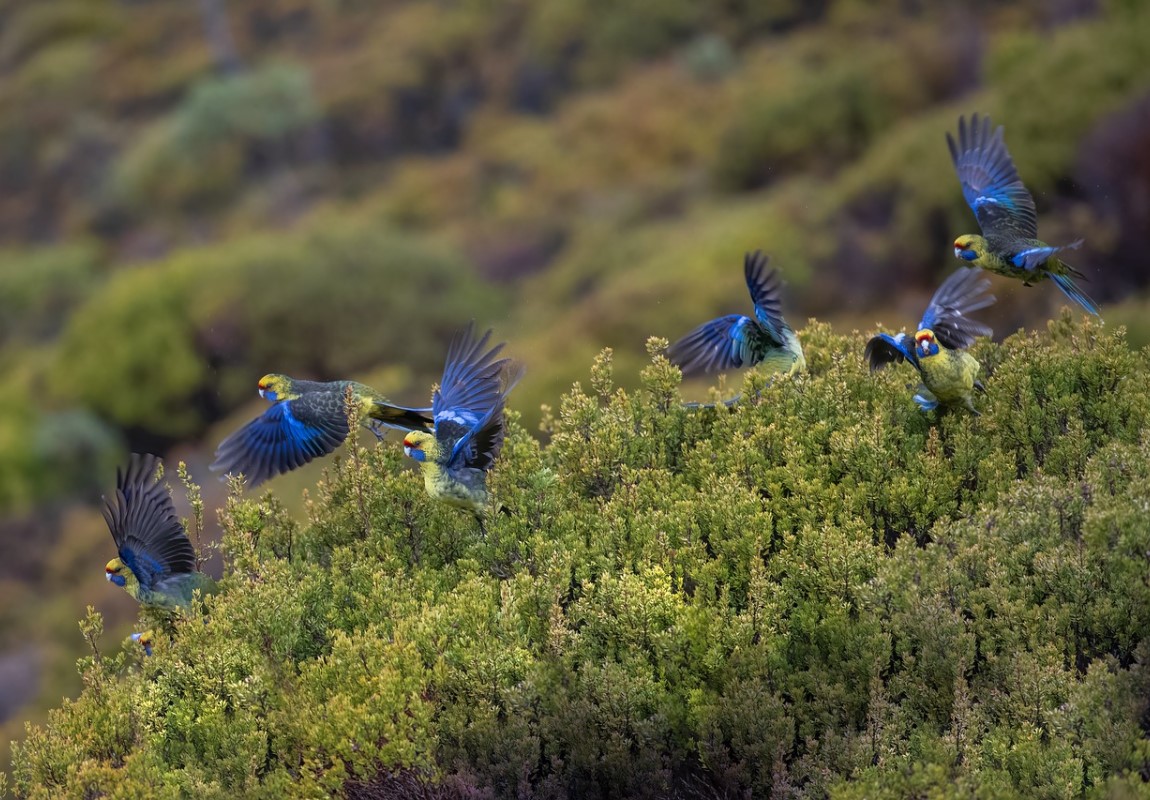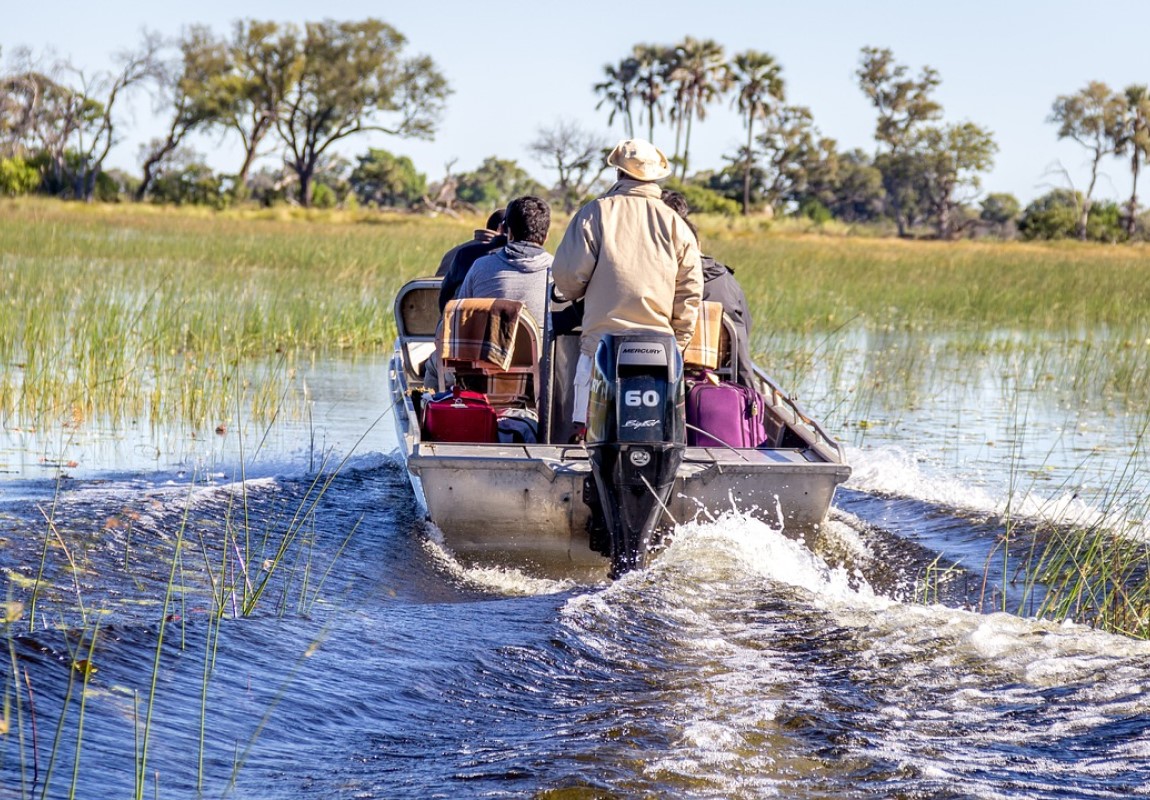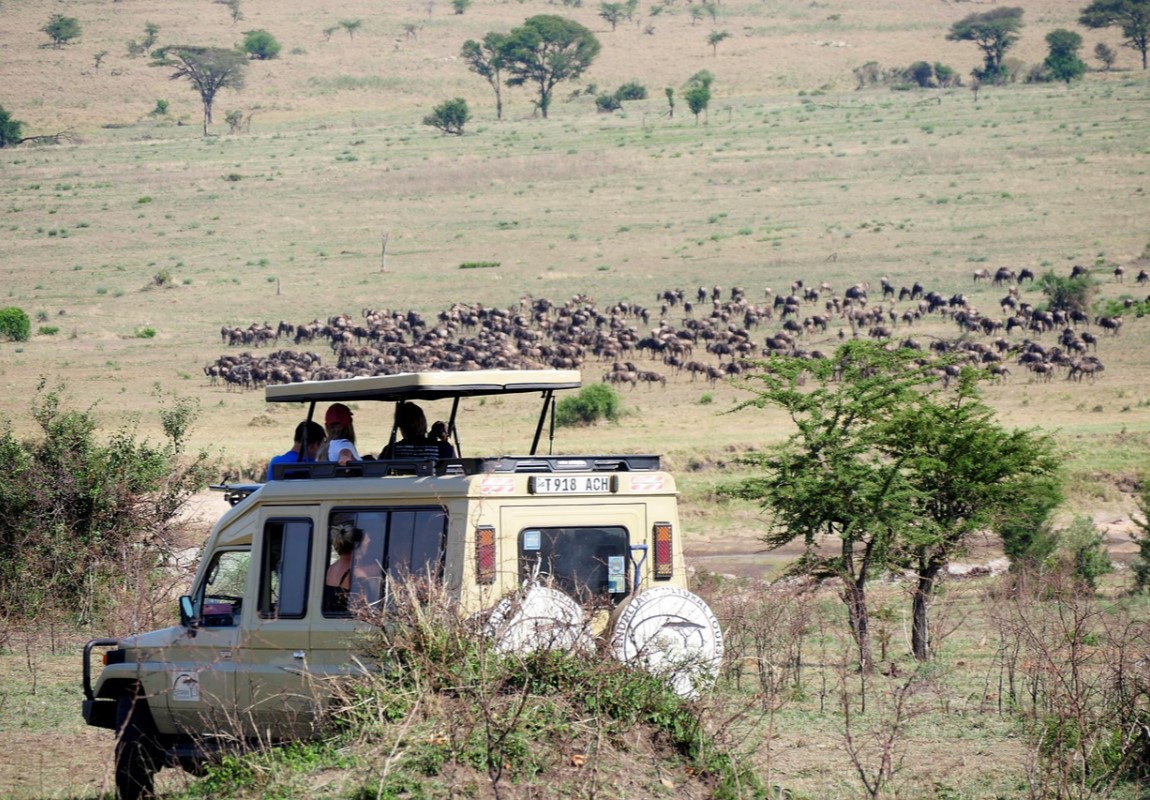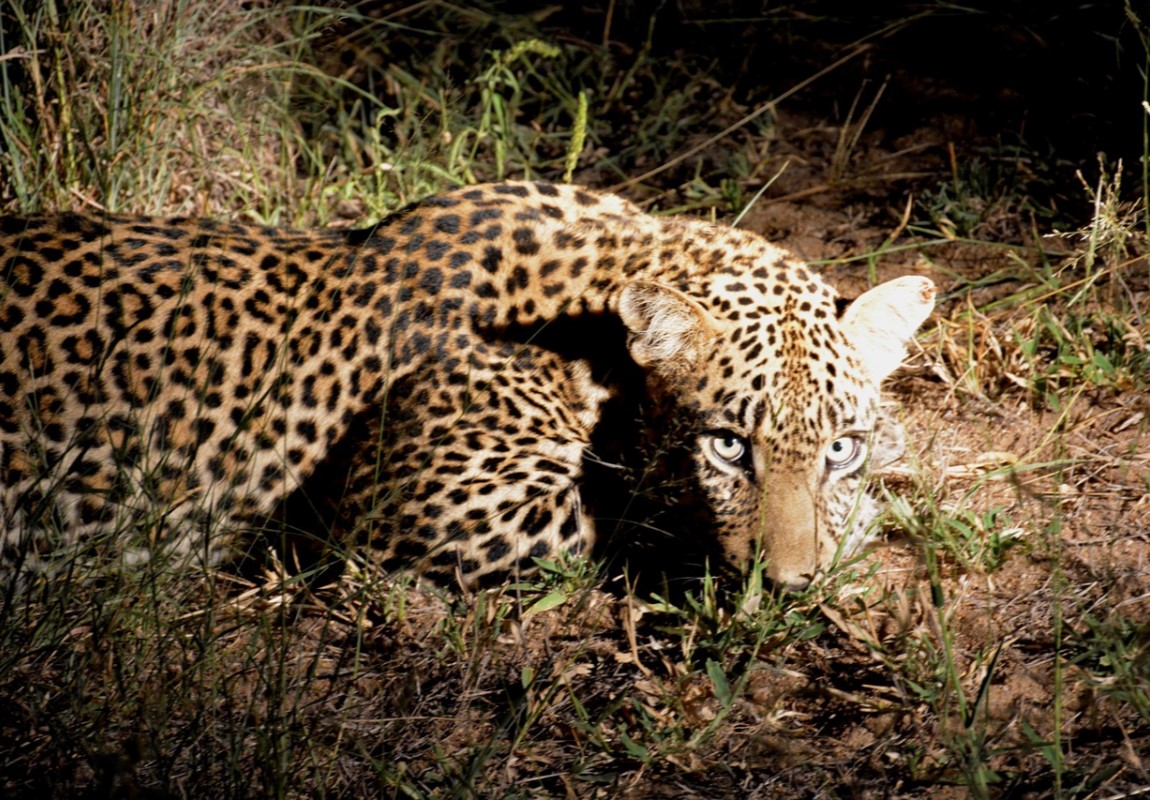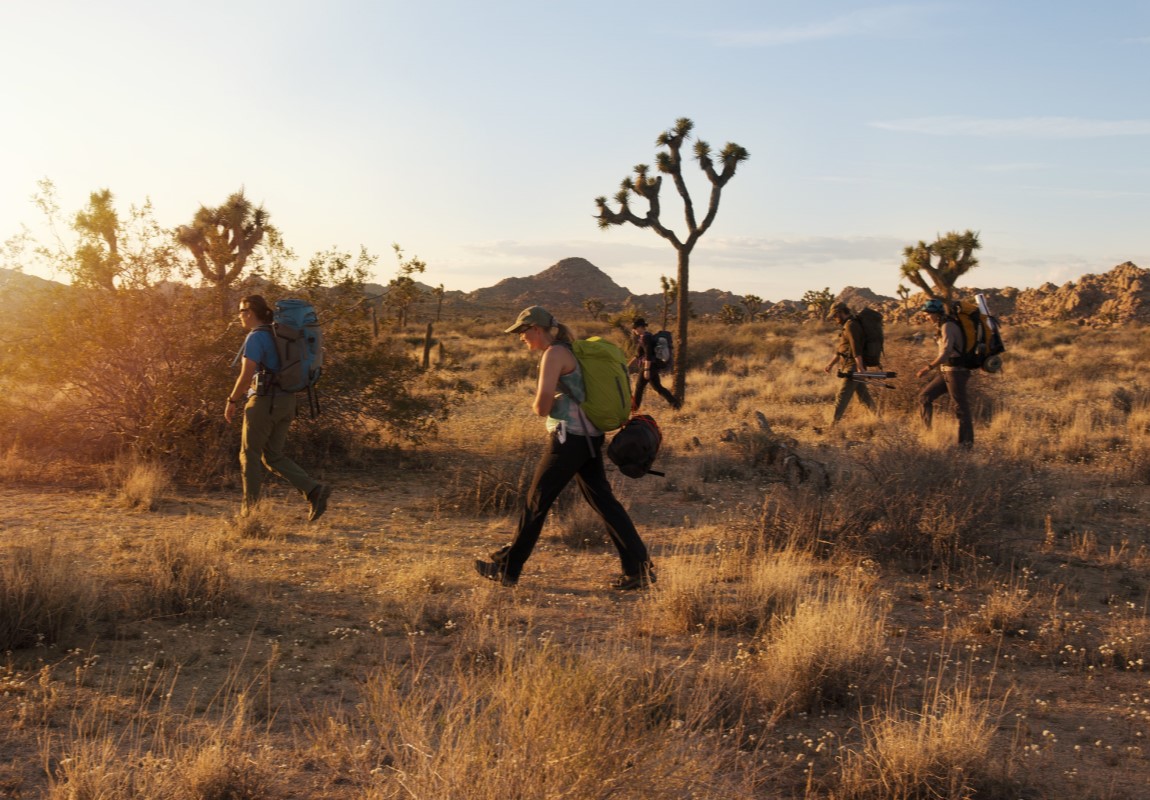Starting from
$650PP
Overview
Katavi is an exceptionally remote park and the oldest national park in Tanzania. Animals are plentiful, especially along the seasonal Katuma River and lakes Katavi and Chada. Found inside this wilderness are waterfalls, woodlands, shrublands, grasslands and seasonal river floodplains. Four of the Big Five are present. Many species of medium to large mammals, including zebra, buffalo, impala, elephant, giraffe, lion and leopard, make their home in Katavi, and crocodile and hippo are known to flounder and snap in its seasonal rivers and lavish marshes. Elephant, too, is abundant. Leopard sightings are more hit-and-miss.
Pros & Cons
- The dry season is the best time to visit for the wildlife viewing experience
- A bloat of hippos, a bask of crocodiles, a parade of elephants
- Unusual antelope species, like sable and roan
- Very exclusive and it doesn't get crowded
- Relatively remote and there are very few budget options
- Animals are dispersed during the Wet season
- Most lodges are closed from March to May
Map in Tanzania

Want to Visit Katavi National Park?
Gallery Images
Explore the stunning beauty of Katavi National Park through our curated collection of photographs showcasing its landscapes, wildlife, and natural wonders.
Want to Visit Katavi National Park?
Wildlife & Animals
Wildlife incorporates enormous animal herds, especially of Cape Buffaloes, zebras, giraffes, and elephants, in addition to along the Katuma river, crocodiles and hippopotami which upon yearly dry seasons result in mudholes that can be loaded with many hippos. Carnivorous animals that wander this park are cheetahs, wild dogs, hyenas, leopards, and lions.
Wildlife Highlights
In the dry season, water is scant, so animals are attracted to the Katuma, Kavu and Kapapa Rivers. The wide Chada floodplain is a world-renowned hub for natural life with watering elephants, innumerable crocodiles, and hippos in huge numbers – in the stream, yet brushing on the banks in units. At the point when the waters retreat hippo swarm into the excess pools, crocodiles resign to collapse the mud dividers of the riverbank, and buffalo and elephants are attracted to the streams to drink. Wildlife epicureans can see sable, roan pronghorn and puku.
Best Time for Wildlife Viewing
The best time to visit for Wildlife experiences is in the Dry Season from June to October. Wildlife is simpler to spot since vegetation is more slender and animals assemble around predictable water sources. Travellers willing to make the long trek by vehicle, railway or chartered plane should visit during the dry season (between May and October); park roads often flood during the rainy season (October to April).
Want to Visit Katavi National Park?
Birds
Katavi is oftentimes visited during the dry season. However, this isn't the most brilliant time for bird watching, in any case, the rivers support countless bird species related to water including incredible herds of storks, for example, the open-billed, yellow-billed in addition to the saddle-billed stork. There are additionally a few raptors here, for example, the fish eagles, bateleurs plus white-backed vultures which are especially normal. More than 400 bird species have been recorded at this point. Migratory birds also can be seen from November up to April.
Best Time for Birding
Katavi can be visited year-round for birding, but at its best from November to April when the migratory birds from Europe and northern Africa are present, and many resident birds are in breeding plumage. This makes it the best time for bird watching. The best time to watch wildlife is during the Dry season, which is from June to October.
Want to Visit Katavi National Park?
Best Time to Visit – Katavi National Park
The best time to visit for Wildlife experiences is in the Dry Season from June to October. Wildlife is simpler to spot since vegetation is more slender and animals assemble around predictable water sources. Travellers willing to make the long trek by vehicle, railway or chartered plane should visit during the dry season (between May and October); park roads often flood during the rainy season (October to April).
May to October (Dry Season)
- Animals are easier to spot as they congregate near freshwater sources
- It rains very little and most days are radiant
- Fewer mosquitoes and less chance of catching malaria
- Humidity is lower, and the heat isn't overwhelming
- Residue and drought are normal
- Many accommodations are closed in May
November to April (Wet Season)
- Due to less crowd in this season, Pricing is very less to bring more travellers
- Birding is best as migratory birds are present
- The scenery is beautiful and at its most lush
- Roads become sloppy and difficult to travel
- Wildlife viewing isn't quite as great as during the Dry season
- Most of accommodation properties are closed from April to May
- Hotness and moistness can be a burden
Want to Visit Katavi National Park?
Activities
Explore popular activities available in and around Katavi National Park.
Want to Visit Katavi National Park?
No FAQs available for this park yet.

 English
English French
French
